I have an external function called onMessageUpdated
I need to send events from that function to a child state machine.
Here's how I'm binding that function already in invoked service:
states: {
createThread: {
invoke: {
src: "createThread",
onDone: {
target: "threadCreated",
actions: assign({
threadName: (context, event) => event.data.threadId,
boundOnMessageUpdated: (context: any, event: any) =>
event.data.boundOnMessageUpdated,
}),
},
onError: {
target: "error",
actions: assign({
error: (context, event) => event.data,
}),
},
},
},
}
services: {
createThread: async (context, event) => {
const threadId = await createThread(context.threadName);
return {
threadId,
boundOnMessageUpdated: onMessageUpdated.bind(
null,
threadId
),
};
},
}
This machine is spawned from a parent machine. How do send an event from onMessageUpdated? Tried a couple ways:
export const onMessageUpdated = (
threadId: string,
oldMessage: Message<boolean> | PartialMessage,
newMessage: Message<boolean> | PartialMessage
) => {
if (newMessage.channel.id === threadId && newMessage.content) {
logger.debug('Sending "UPDATED_MESSAGE" event to "messageSequence"');
// send({
// type: "UPDATED_MESSAGE",
// payload: {
// content: newMessage.content,
// },
// });
raise<unknown, GenerateMachineEvent>({
type: "UPDATED_MESSAGE",
payload: { content: newMessage.content },
});
// sendTo()
// sendTo("messageSequence", {
// type: "UPDATED_MESSAGE",
// });
}
};
